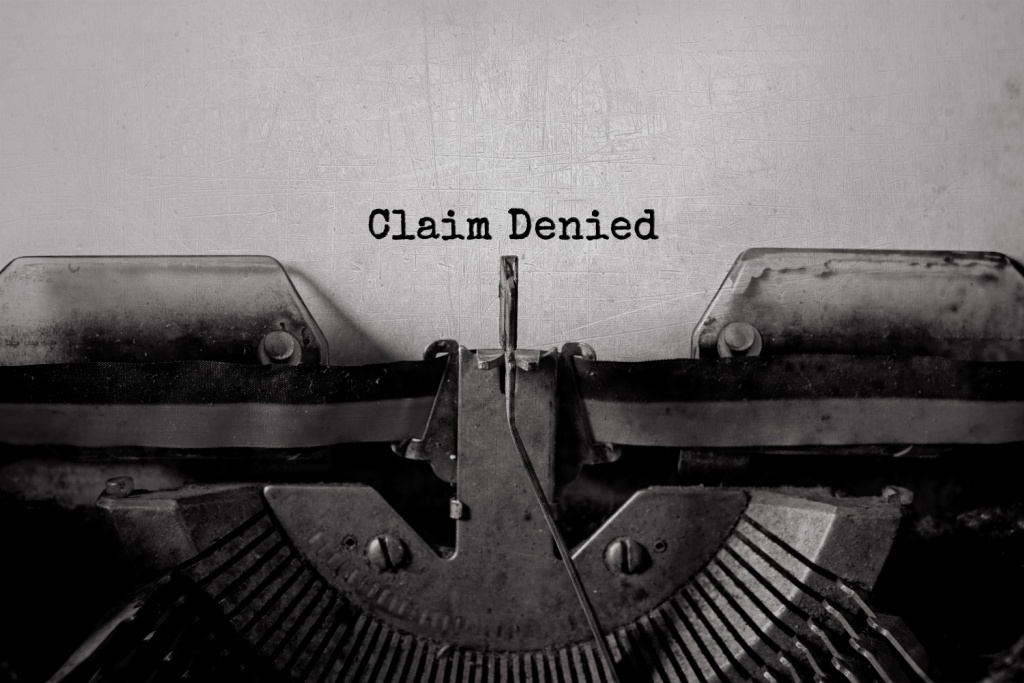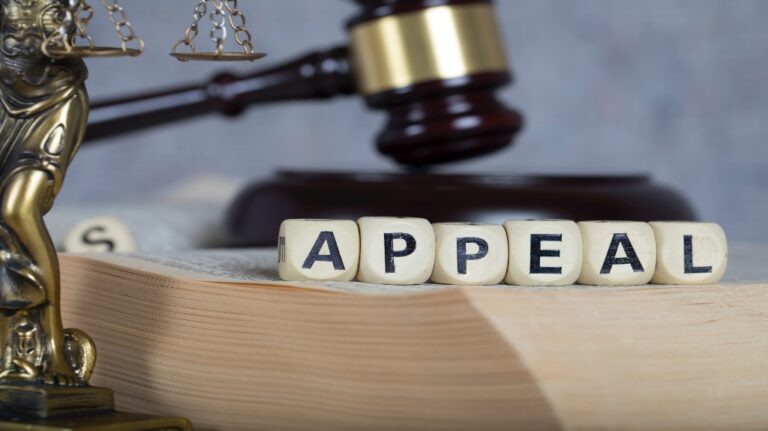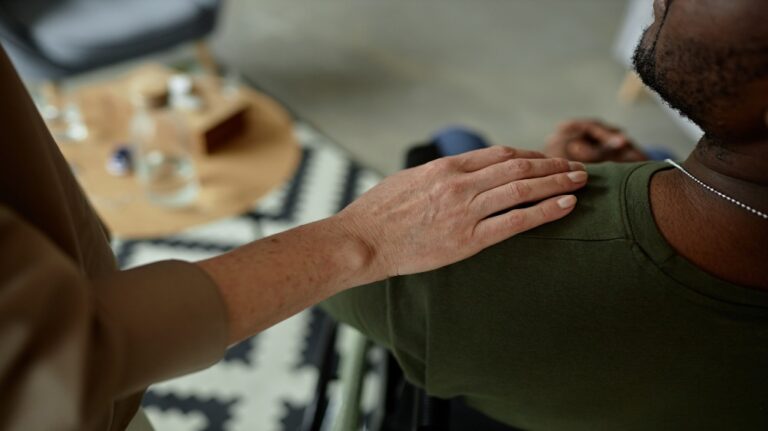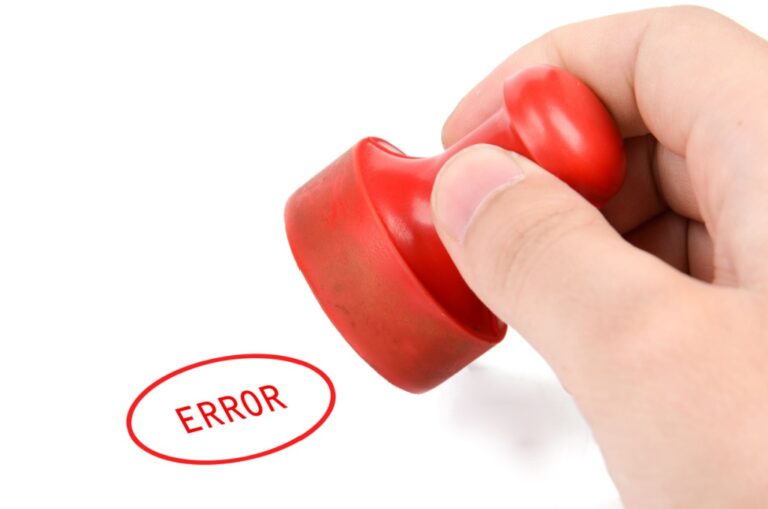Why Does the VA Deny So Many Veteran Disability Claims?
The Department of Veterans Affairs (VA) plays a crucial role in supporting veterans by providing disability benefits. However, a significant number of initial disability claims submitted by veterans are denied. This raises a critical question: Why does the VA deny so many veteran disability claims? Understanding the reasons behind these denials can empower veterans to navigate the complexities of the VA system and increase their chances of a successful claim.

Incomplete or Inaccurate Evidence
One of the leading causes of claim denials is incomplete or inaccurate evidence. The VA relies heavily on medical documentation to establish a service connection between a veteran’s current disability and their military service. Here’s how this can lead to denials:
- Missing Medical Records: Veterans may lack readily available medical records, especially for conditions that emerged years after service. Obtaining these records from past healthcare providers or military treatment facilities can be a tedious process.
- Unclear Medical Nexus: Even with medical records, establishing a clear connection between a disability and military service can be challenging. Veterans may need to provide detailed medical opinions or nexus letters from doctors outlining how their service experiences caused or worsened their current condition.
- Inaccurate or Incomplete Forms: VA disability claim forms require precise and detailed information. Filling them out incorrectly or omitting crucial details can lead to delays or denials.
The Burden of Proof
The VA operates under the principle of “presumed service connection” for certain disabilities associated with specific military exposures. However, for many conditions, the burden of proof lies with the veteran. They must demonstrate a direct link between their service and their current disability. This can be difficult, especially for veterans with disabilities that manifest years after deployment, or for those who lack concrete evidence of in-service events that triggered their condition.
Backlog and Resource Constraints
The VA faces a significant backlog of disability claims, leading to lengthy processing times and potential for errors during reviews. This backlog can be attributed to several factors:
- Increased Demand: The number of veterans seeking disability benefits has risen steadily in recent years, placing a strain on the VA’s resources.
- Staffing Shortages: The VA may not have sufficient staff with the specialized medical knowledge required to accurately assess complex disability claims.
- Strict Interpretation of Regulations: Strict interpretations of regulations by VA claims processors can lead to denials, even if a veteran’s case presents a compelling argument for service connection.
Appealing a Denial
Fortunately, a denied claim isn’t the end of the road. Veterans have the right to appeal a VA decision. The appeals process can be complex, and it’s often advisable to seek assistance from a veterans’ benefits attorney. It has been shown that having an attorney represent you in a VA denial significantly improves your chances of ultimately being approved for benefits.
These resources can help veterans gather additional evidence, build a stronger case, and navigate the appeals process effectively.
Advocacy and Reform Efforts
Recognizing the challenges veterans face in securing disability benefits, there’s growing recognition of the need for reform. Advocacy groups and lawmakers are pushing for initiatives that could improve the VA’s disability claims process, including:
- Streamlining the Appeals Process: Simplifying the appeals process and reducing wait times would provide veterans with faster access to the benefits they deserve.
- Increased Resources for the VA: Allocating more resources to the VA would allow them to hire additional staff for claims processing and medical expertise, potentially leading to more efficient claim reviews and reduced denials.
- Legislative Changes: Legislative changes could clarify eligibility criteria for certain disabilities, making it easier for veterans to establish a service connection.
Conclusion
The high rate of VA disability claim denials creates a significant hurdle for veterans seeking the benefits they earned through their service. Incomplete evidence, the burden of proof, and resource constraints within the VA all contribute to this issue. However, veterans are not without options. By understanding the reasons behind denials, exploring the appeals process, and supporting advocacy efforts, veterans can increase their chances of securing the disability benefits they deserve.







